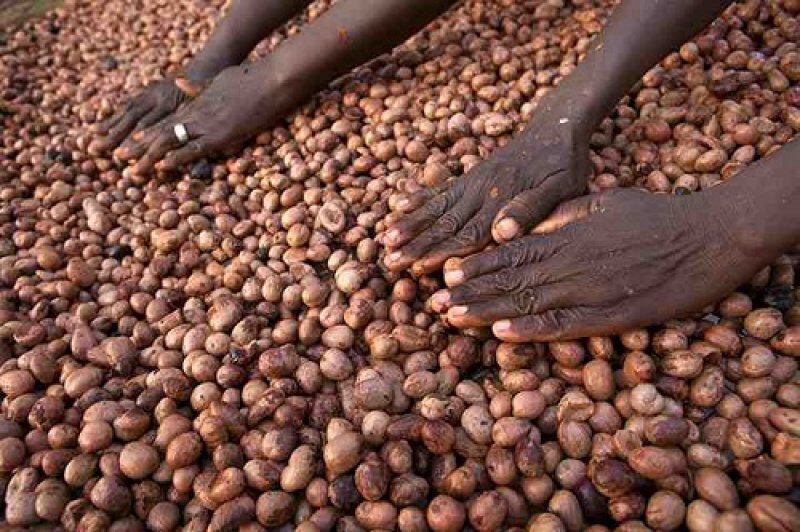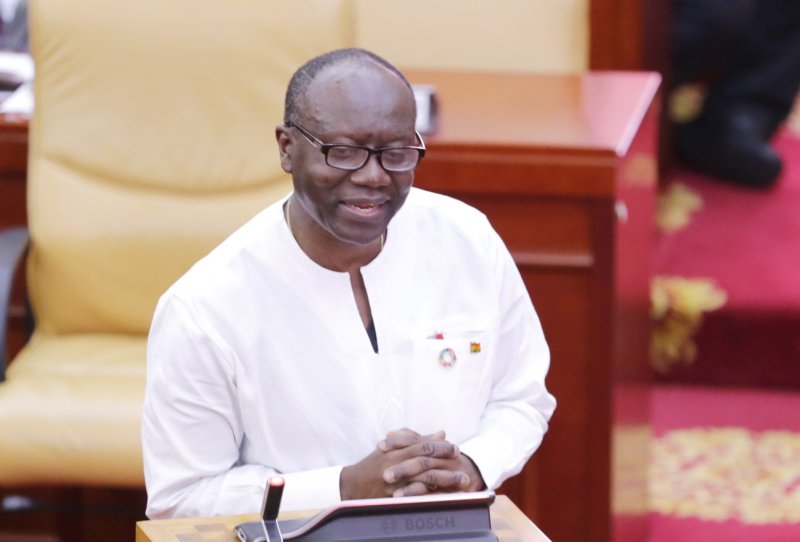
The U.S. Ambassador to Ghana, Stephanie S. Sullivan, led a ribbon-cutting and inaugurated a shea butter processing facility at Gizaa-Gunda in the Northern Region that will support increased economic opportunities for 600 Ghanaian women who collect and process shea nuts.
The United States government, through the U.S. Agency for International Development (USAID), supported construction of the processing facility and warehouse. Shea is a primary source of livelihood for women in northern Ghana, and is one of the few agricultural crops wherein women control the revenue. This event highlights efforts to promote women’s economic empowerment through partnerships that connect Ghanaian women producers with U.S. buyers.
“The United States supports key projects like this to promote economic growth and job creation in Ghana, so that young people may build a future of prosperity here at home for the benefit of all citizens and their communities,” said Ambassador Sullivan.
The partnership to develop the shea butter processing facility and warehouse was catalysed by USAID and the Global Shea Alliance (GSA), and included partnerships with a U.S. cosmetics company, a local buying company (Savanna Fruits Company), Presbyterian Agricultural Services (PAS), and the local community as part of the Sustainable Shea Initiative (SSI) project.
The SSI was launched in 2016 by USAID in partnership with the GSA. It is a US$18million, five-year partnership to promote sustainable expansion of the shea industry in Ghana, Ivory Coast, Togo, and Burkina Faso. The partnership matches USAID funds with private sector and donor funds to provide needed skills-training and infrastructure to support women shea collectors.
The Gizaa-Gunda facility is one of 34 warehouses that USAID and GSA have launched with communities and cooperatives in Ghana over the past three years, expanding opportunities for 30,000 women. Overall, SSI is expected to deliver 250 warehouses across West Africa, facilitating more than US$150million in shea exports and benefitting more than 137,000 women.
The United States looks forward to finding more opportunities over the next year to partner with companies, communities, and non-profits to drive new opportunities for Ghanaians and promote a path to self-reliance and resilience.
Source: thebftonline.com


































